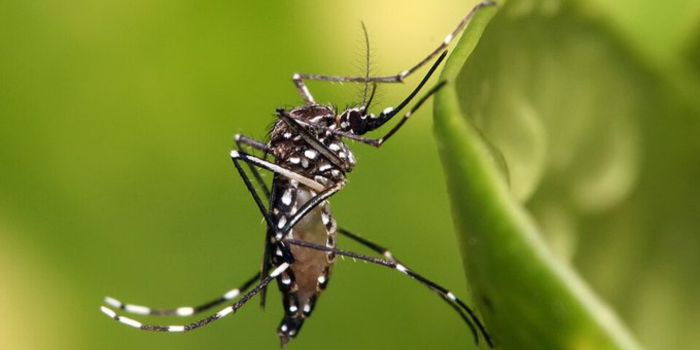The Mombasa County Government has raised an alarm following an outbreak of the Chikungunya virus in several parts of the county. Officials are urging residents to take precautions as the number of infections continues to rise.
Speaking during a press briefing held on Wednesday, June 4, Fatma Ali, the Deputy Manager at the Emergency Operations Center in Mombasa, confirmed that 25 people have tested positive for Chikungunya.
These cases were confirmed after 45 samples were tested by the Kenya Medical Research Institute (KEMRI).
According to the county government, the areas most affected include Mvita, Nyali, Likoni, and Kisauni sub-counties. These regions have seen a notable spike in cases, prompting urgent health responses. But what exactly is this relatively unknown disease?
What is Chikungunya?
Chikungunya is a viral infection spread by mosquitoes, specifically the Aedes aegypti and Aedes albopictus species.
These are the same types of mosquitoes known for transmitting other viruses like dengue and Zika. Unlike the malaria-carrying Anopheles mosquito, which bites mainly at night, the Aedes mosquitoes are aggressive daytime biters.
The virus was first identified in 1952 in what is now Tanzania. The name “Chikungunya” comes from the Kimakonde language, meaning “that which bends up,” referring to the hunched posture people adopt due to severe joint pain caused by the illness.
How Dangerous is It?
Although Chikungunya is generally self-limiting—meaning it often goes away without the need for advanced medical treatment—it can be especially dangerous for infants, elderly individuals, and people with underlying health problems.
In these vulnerable groups, the virus can cause serious complications, including organ failure or even death.
According to the World Health Organization (WHO), people who recover from Chikungunya usually develop immunity, making future infections unlikely.
Symptoms of Chikungunya
Symptoms usually appear between four to eight days after being bitten by an infected mosquito. One of the earliest and most painful symptoms is intense joint pain, which can persist for weeks, months, or even years. This pain can be so severe that it significantly limits movement and quality of life.
Other common symptoms include:
- High fever
- Swollen joints
- Muscle aches
- Headaches
- Nausea
- Extreme fatigue
- Skin rash
These symptoms often resemble those of dengue and other mosquito-borne diseases, making laboratory testing important for proper diagnosis.
How is It Treated?
Currently, there is no specific cure or antiviral treatment for Chikungunya. According to WHO, the approach to managing the illness mainly involves treating the symptoms.
Patients are advised to get plenty of rest, stay well hydrated, and take medications such as paracetamol (acetaminophen) to reduce fever and relieve joint pain. Anti-inflammatory painkillers may also be used under medical guidance.
Two Chikungunya vaccines have been approved in certain countries for populations at high risk. However, these vaccines are not yet widely accessible in most regions, including Kenya.
How to Protect Yourself
To prevent infection, people living in or traveling to areas where Chikungunya is spreading should take personal protective measures. These include:
- Wearing long-sleeved clothing and trousers to reduce skin exposure
- Applying mosquito repellents containing DEET, IR3535, or icaridin on exposed skin
- Sleeping under mosquito nets, especially for children, the elderly, and those who are unwell
- Installing screens on windows and doors to block mosquitoes from entering homes
Why is Chikungunya Spreading in Mombasa?
Health officials have linked the recent increase in cases to the ongoing heavy rains in the region. Stagnant water left behind by the rains creates ideal breeding grounds for mosquitoes.
The warm, humid climate in coastal areas like Mombasa further accelerates mosquito reproduction.
Fatma Ali emphasized the importance of cooperation between the public and the county government in controlling the outbreak.
She noted that the health department is already fumigating homes and public spaces while also running awareness campaigns to educate residents on how to prevent mosquito bites and eliminate breeding grounds.
“It is our shared responsibility to keep our surroundings clean and free from stagnant water,” Ali said. “When we work together as a community, we can effectively support the county government’s efforts to stop the spread of this disease.”
In conclusion, Chikungunya is a serious mosquito-borne illness that requires immediate attention from both health authorities and the general public.
While not usually fatal, the disease can cause long-term health issues and should not be taken lightly. Residents of Mombasa are encouraged to remain vigilant, take preventive steps, and report any suspected symptoms to healthcare providers as soon as possible.
Join Gen Z New WhatsApp Channel To Stay Updated On time https://whatsapp.com/channel/0029VaWT5gSGufImU8R0DO30


